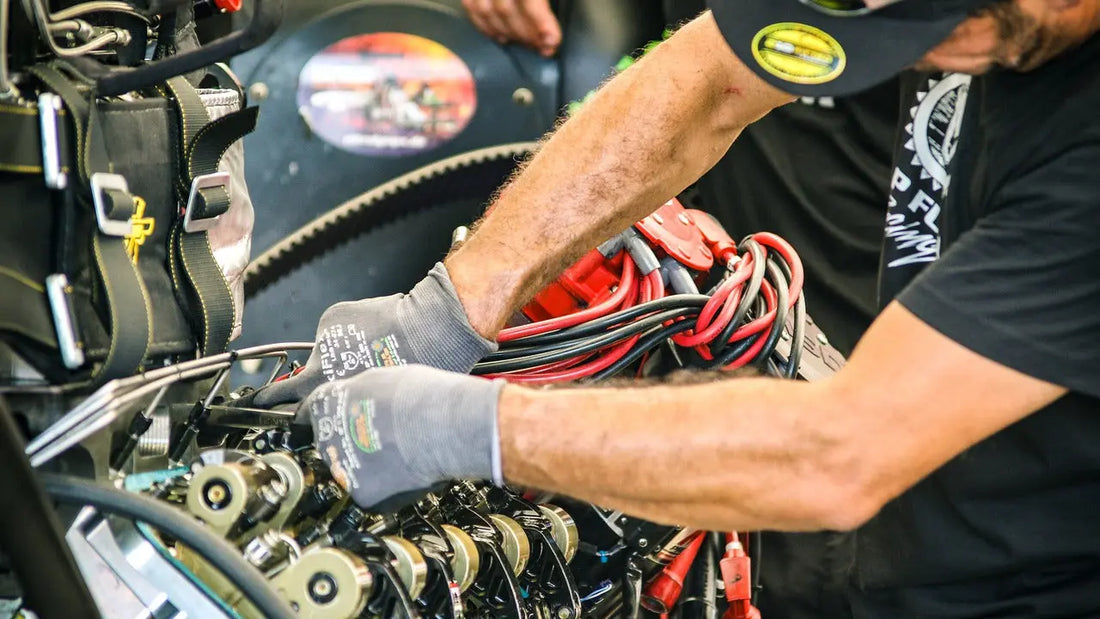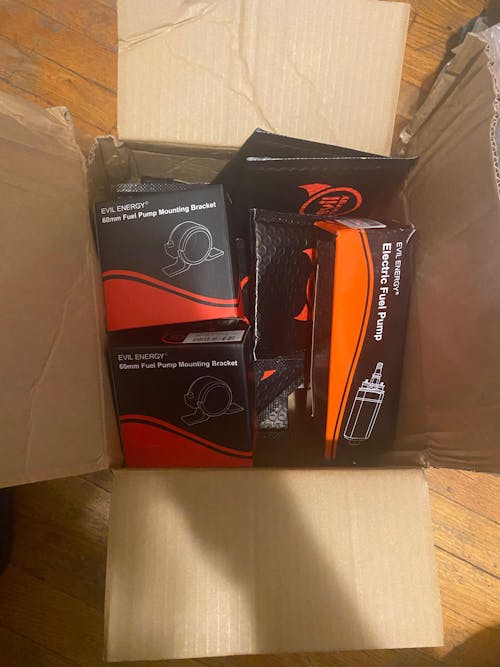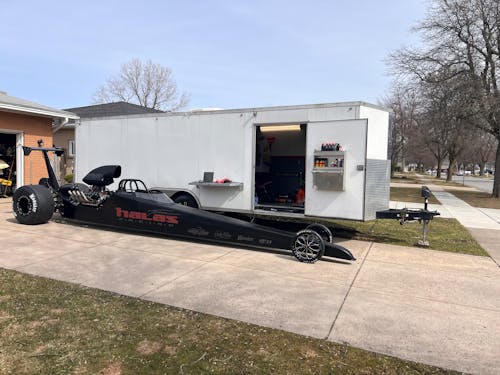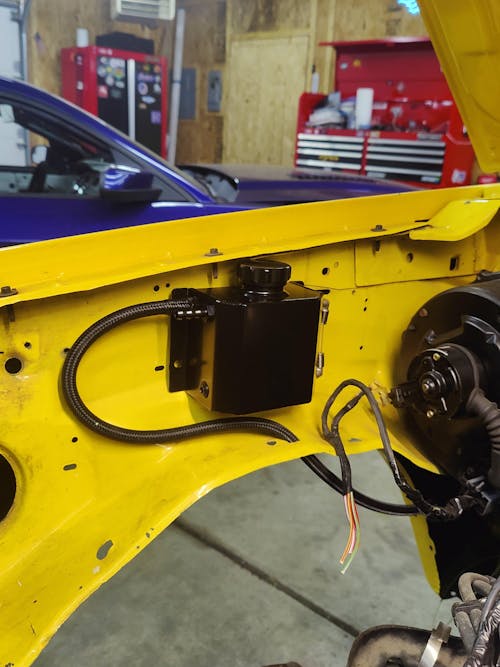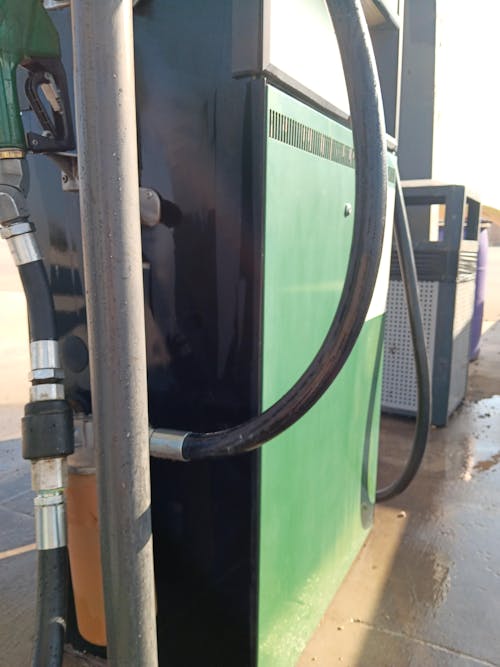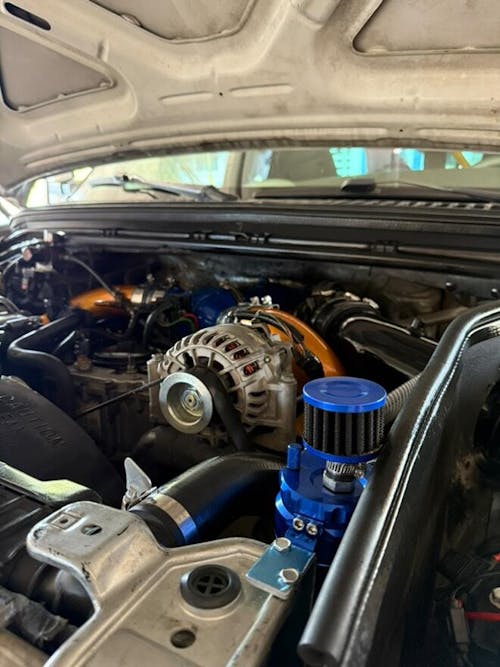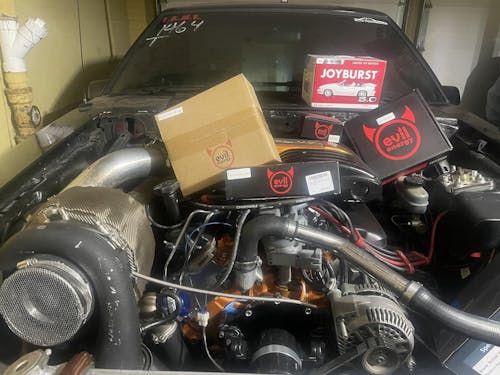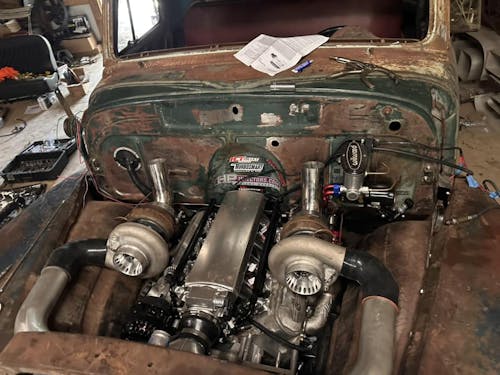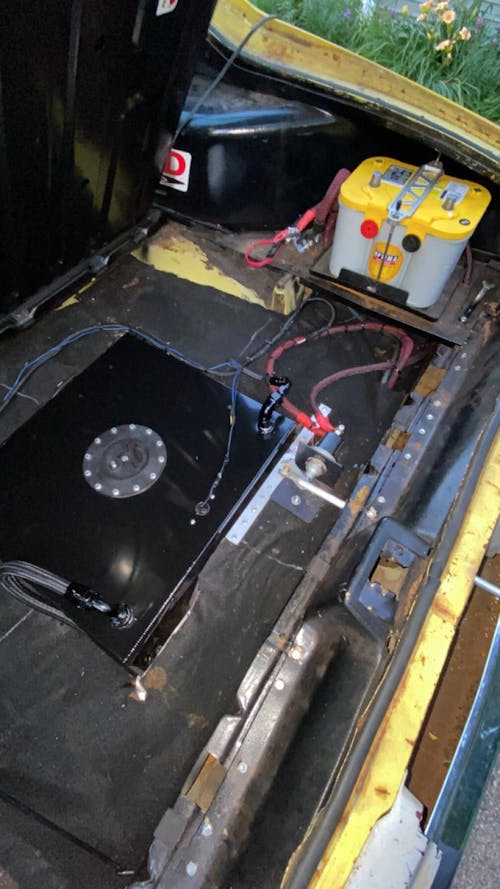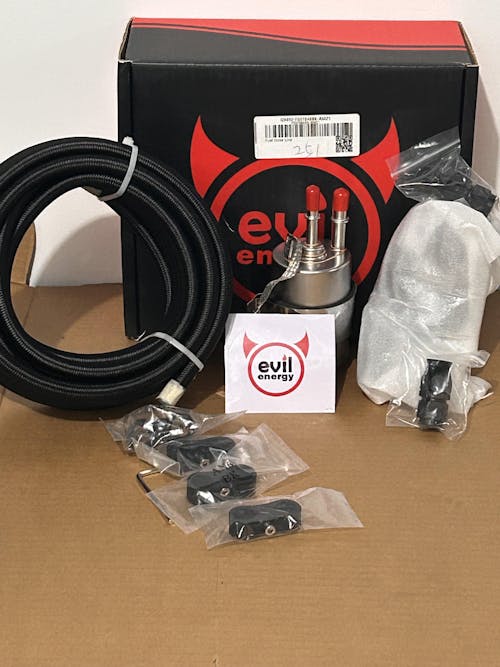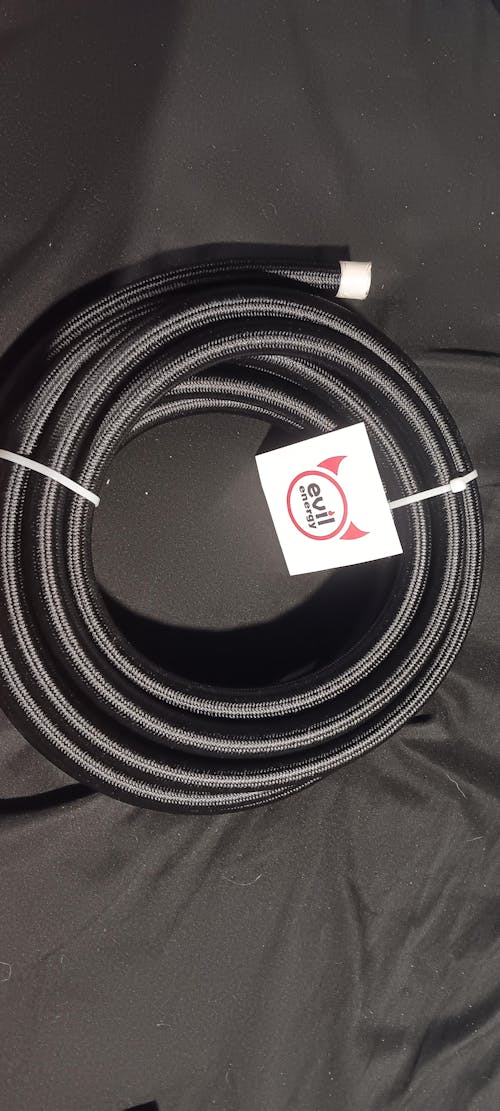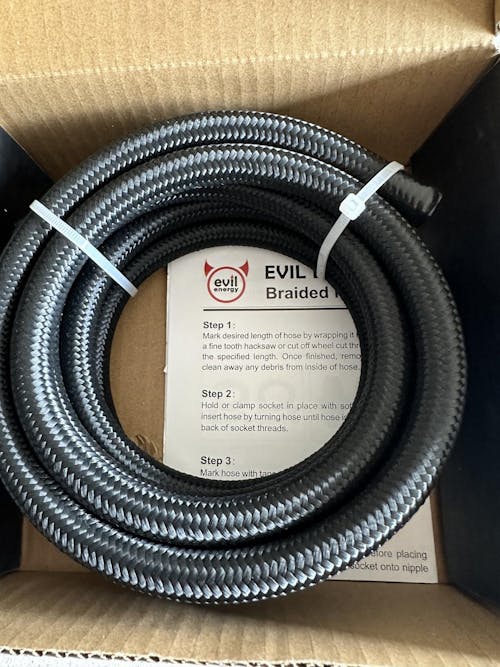How Often Should You Change Your Fuel Filter?
Is your car sluggish, stalling, or struggling to start? The culprit could be a clogged fuel filter. This often-overlooked component plays a vital role in keeping your engine running smoothly. In this guide, we’ll reveal how often you should replace your fuel filter, how to spot warning signs, and whether you should tackle the job yourself or leave it to the pros. Keep reading to learn how proper fuel filter maintenance can save you time, money, and hassle down the road!
Understanding the Role of Fuel Filters
Fuel filters are crucial for maintaining a vehicle’s fuel delivery system. They prevent contaminants such as dirt, rust, and debris from entering the engine, ensuring clean fuel flow. A clogged filter can damage components like the fuel pump, injectors, and the engine itself, leading to poor performance and costly repairs. A properly functioning fuel filter is essential for smooth engine operation, fuel efficiency, and engine longevity.

When to Replace Your Fuel Filter
Knowing when to replace your fuel filter is crucial for maintaining your vehicle’s performance and avoiding costly repairs. The timing for a replacement can vary depending on several factors. Below are some general guidelines to help you determine when it’s time to change your fuel filter:
-
General Guidelines: Most vehicles require a fuel filter replacement every 20,000 to 40,000 miles. However, factors such as fuel quality, driving conditions, and the type of vehicle can affect how often the filter needs replacing. For instance, if you frequently drive on dusty roads or use low-quality fuel, you might need to replace the filter sooner, potentially around 20,000 miles.
-
Diesel Engines: Diesel engines generally require more frequent fuel filter changes, typically between 10,000 to 25,000 miles. Diesel filters often come with water separators to protect the engine from water contamination. A proactive replacement schedule is essential for maintaining diesel engine efficiency and prolonging its lifespan.
Learn how to clean your fuel filter here
Identifying Symptoms and Risks of a Clogged Fuel Filter
Warning Signs of a Clogged Fuel Filter
A clogged fuel filter can cause serious issues with your vehicle's performance. Recognizing the warning signs early is key to preventing further damage. If you experience any of the following symptoms, your fuel filter may be obstructed:
- Difficulty Starting the Engine: If your car is having trouble starting or requires several attempts, it could be due to restricted fuel flow from a clogged filter.
- Sluggish Acceleration: A decrease in acceleration or difficulty picking up speed can indicate that the engine isn't receiving the proper amount of fuel.
- Poor Fuel Economy: If your vehicle is consuming more fuel than usual, a clogged filter may be causing an inefficient fuel flow.
- Engine Stalling: Sudden engine stalls, especially at idle or low speeds, can be caused by a blockage in the fuel system.
- Unusual Noises: If you hear unusual noises, such as sputtering or rough engine sounds, it could be a sign of fuel flow disruption.
Risks of Ignoring a Clogged Fuel Filter
Neglecting to address a clogged fuel filter can lead to serious long-term issues. Here’s what might happen if you continue to drive without replacing a clogged filter:
- Reduced Engine Power: The engine may struggle to perform at its best, leading to noticeable dips in power or responsiveness.
- Increased Fuel Consumption: A clogged filter can cause the engine to work harder, leading to higher fuel consumption.
- Engine Damage: Over time, debris from the filter can damage other critical components like the fuel pump, injectors, or even the engine itself.
Ignoring fuel filter maintenance can result in expensive repairs and an overall decrease in vehicle reliability. Replacing a clogged fuel filter early can help prevent costly damage and improve your car’s fuel efficiency and performance.
DIY Replacement vs. Professional Help
Pros and Cons of DIY Replacement
A DIY fuel filter replacement requires basic tools like a wrench, screwdriver, and a new fuel filter. Ensure your vehicle is on a level surface with a cool engine before starting. Cost savings are a major advantage, allowing you to learn about your car while boosting maintenance skills. However, safety is a concern—use safety glasses and gloves to avoid fuel exposure and prevent potential mistakes.
Benefits of Professional Service
Opting for professional service ensures a job well done, reducing the risk of mistakes and safety hazards. With experts handling the replacement, you gain peace of mind knowing your vehicle remains in optimal condition without any personal risks involved.
Maintaining Fuel System Efficiency and Costs
-
Impact on Fuel System Components: Clean fuel filters are essential for the longevity of your vehicle’s fuel injectors and pumps. They prevent harmful particles from entering these components, reducing wear and tear and ensuring efficient operation.
-
Cost-Effective Maintenance: Fuel filter replacement is relatively inexpensive compared to the cost of repairing or replacing damaged fuel system components like injectors or pumps. Regular filter changes can save money by preventing expensive breakdowns and extending the life of the fuel system.
-
Best Practices for Longevity: To maximize the lifespan of your fuel filter, use high-quality fuel, follow your vehicle’s recommended maintenance schedule, and consider using fuel additives or stabilizers. These practices help maintain the cleanliness and efficiency of the fuel system, enhancing the performance and durability of your filter.
Signs You Need an Immediate Fuel Filter Replacement
If your vehicle is experiencing frequent stalling, poor throttle response, or the check engine light is on, these could be signs that your fuel filter needs immediate replacement. Other symptoms include difficulty starting the engine, sluggish acceleration, rough idling, or performance loss. These issues are often a result of restricted fuel flow and should be addressed quickly to avoid engine damage. Replacing the filter or seeking professional help can prevent further complications.
Conclusion
Fuel filters play a vital role in maintaining engine performance and fuel system efficiency. Regular replacement, either through DIY or professional service, can save you money in the long run by preventing expensive repairs and ensuring your vehicle runs smoothly. Keep an eye out for signs of a clogged filter and adhere to a regular maintenance schedule to keep your vehicle in optimal condition.


![EVIL ENERGY 4/6/8/10AN PTFE Fuel Line Kit | E85 Nylon Braided Hose | 16/20FT Black Black with Comprehensive Fittings [20FT]](http://www.ievilenergy.com/cdn/shop/files/Test-2025-Evilenergy-125598065_165x.png?v=1742144807)
![ptfe hose fitting kit [16FT]](http://www.ievilenergy.com/cdn/shop/files/Test-2025-Evilenergy-125598171_165x.png?v=1742144807)
![CPE Fuel Line[25FT]](http://www.ievilenergy.com/cdn/shop/files/25FTCPE_FuelLine_165x.png?v=1735220649)
![CPE Fuel Line[20FT]](http://www.ievilenergy.com/cdn/shop/files/20FTCPE_FuelLine_165x.png?v=1735220649)
